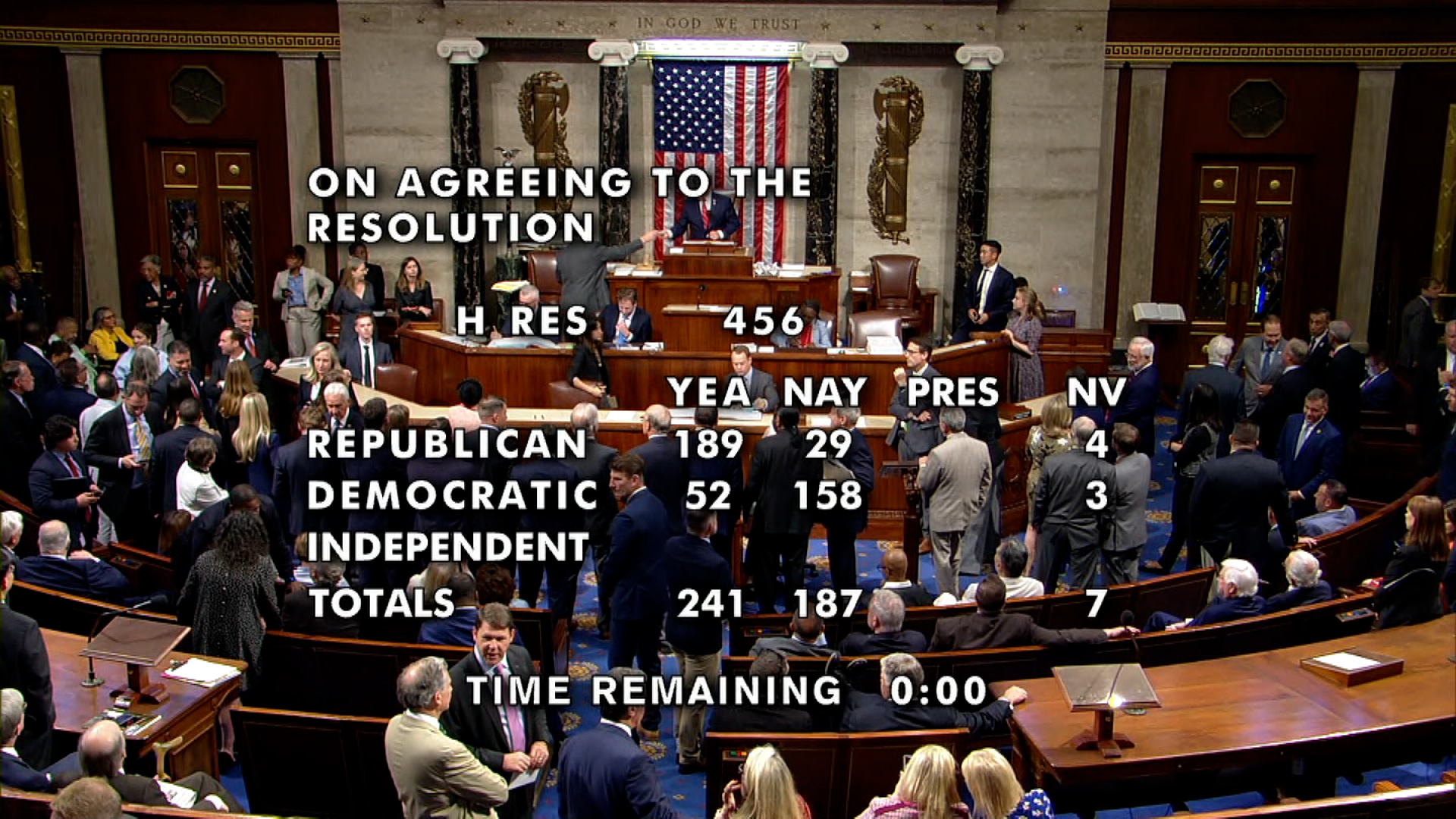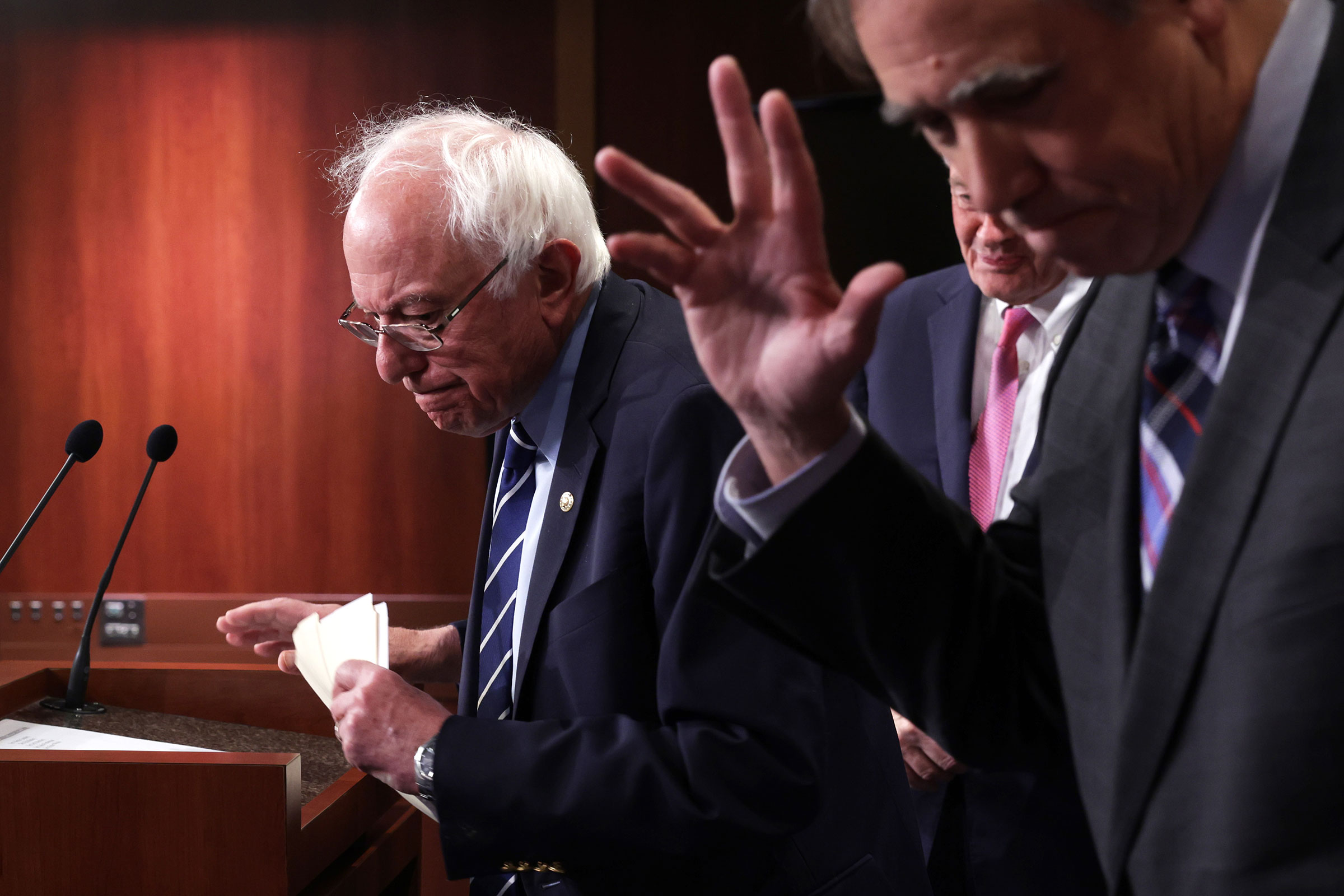Analysts say the proposed debt ceiling deal could have only marginal effects on the US economy.
That's based on various estimates showing that government spending will be only slightly pared back over the two years of the deal, creating a small effect on overall economic output as measured by gross domestic product, including a limited number of job losses.
"The impacts will be negative but small," Mark Zandi, chief economist at Moody's Analytics, told CNN. "When you net it all out, it's a modest headwind to a sluggish economy, but I don't think it's the thing that's going to blow the economy over into a recession."
Despite the deal's limited macroeconomic impact, some analysts say it could also usher in a new era of tighter fiscal policy as congressional lawmakers contend with a national deficit that ballooned during the years of the Covid-19 pandemic.
Here's what's in the proposed deal and how it would show up in the broader economy:
What's in the deal? The deal would suspend the federal government's $31.4 trillion debt limit through January 2025. It would keep non-defense spending relatively flat in fiscal 2024 and then set a cap of 1% in spending increases for fiscal 2025. The US government's fiscal year runs from October through September.
In addition to curbing spending, the deal would protect veterans' health care benefits, temporarily broaden work requirements for certain adults receiving food assistance benefits, claw back some Covid-19 relief funds, cut funding for the Internal Revenue Service, restart student loan repayments, maintain climate measures, and expedite a natural gas pipeline in West Virginia.
The debt deal and GDP. Economists at Goldman Sachs expect the deal to reduce federal spending by as much as 0.2% of gross domestic product per year over the two years of the deal, compared with their baseline estimate.
However, Ian Shepherdson, chief economist at Pantheon Macroeconomics, said in a webinar that he expects the deal to reduce GDP growth by about 0.2% in 2024 and by a further 0.1% in 2025, which are "well within the margin of GDP measurement error."
And Gregory Daco, EY-Parthenon's chief economist, estimated that the proposed deal would have a 0.3% drag on real GDP in 2024 and lead to 250,000 job losses. The economy had about 161 million filled jobs in April, according to data from the Bureau of Labor Statistics.
At least for now, the light at the end of tunnel in the form of a debt-ceiling deal seems to have reassured financial markets.
Read more.







